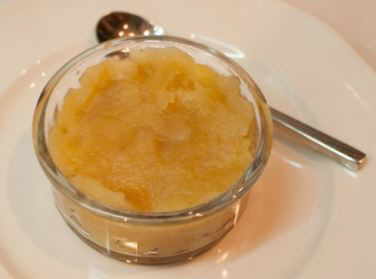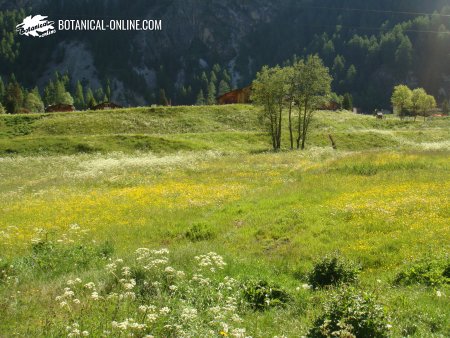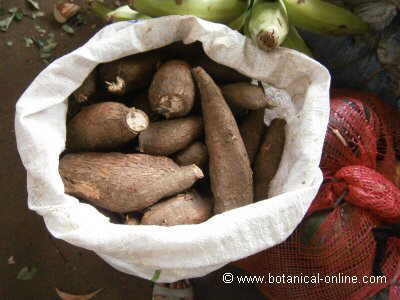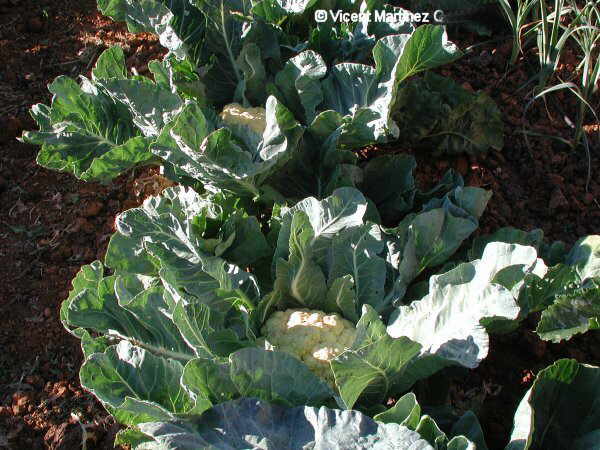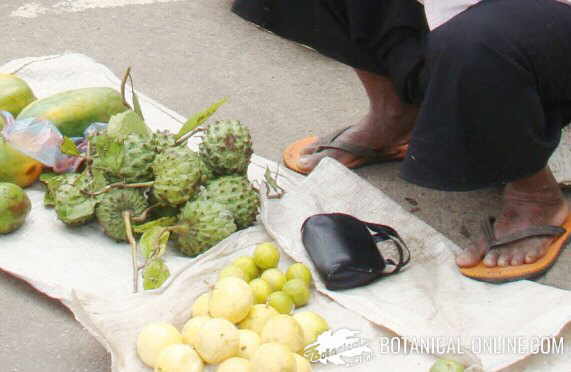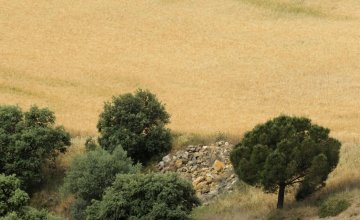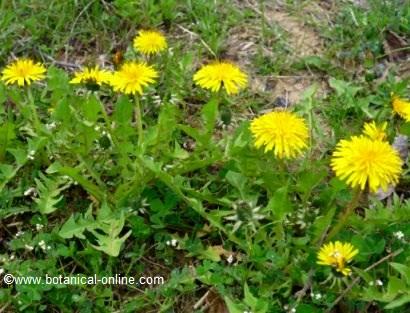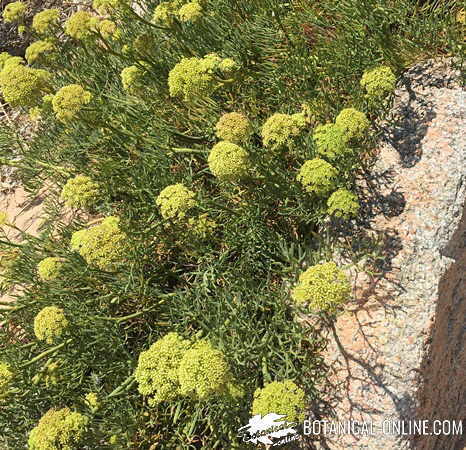Contents
Medicinal and nutritional benefits of mandarins
PROPERTIES OF MANDARINS
What is a mandarin orange?
A mandarine, mandarin or mandarin orange is the fruit of a mandarin tree (Citrus reticulata). It is not the same than a tangerine, which is a variety of mandarin produced by a tangerine or tangerine tree (Citrus tangerina)
A mandarin has a slightly oval round shape, with a thick and rough skin. The color of its skin is orange with light green tones.
Inside, it contains an edible pulp of a light orange color and a fibrous texture.
Within the fibers of the pulp contains some bones, which are the seeds.
What do mandarins contain? Edible composition of mandarins
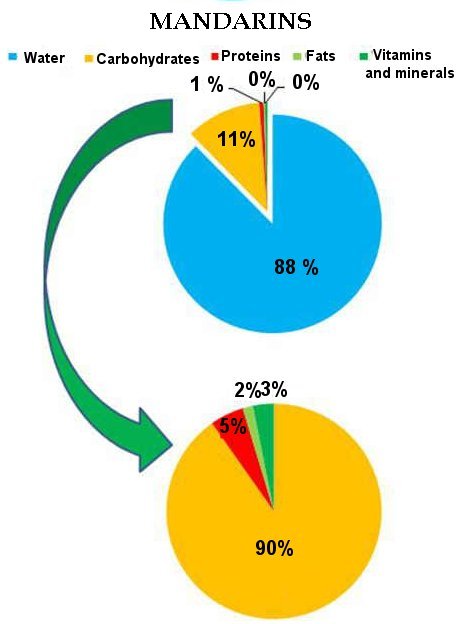
Main components of mandarin As a source of energy, 100 grams of mandarins give us 44 kilocalories.
Its proportion of nutrients is divided into:
- More than 87% is water
- Close to 0.2% fat
- More than 0.6% protein
- More than 11% carbohydrates
- 2.3% fiber
Minerals of mandarine
Mandarine is a fruit rich in potassium, but it also contains calcium, magnesium, phosphorus and, in less amount, sodium, iron, zinc, selenium, manganese and copper.
Mandarine vitamins
Mandarine is a fruit rich in vitamin A, vitamin C and vitamin B9 (folic acid). It also contains other B vitamins and vitamin E.
Benefits of mandarins
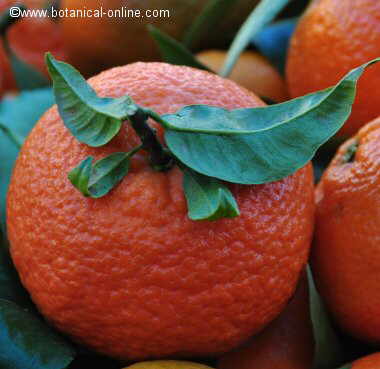
Photo of mandarin
- It has a high water content, which refreshes us and prevents us from dehydrating.
- It gives us energy to have vitality during the day.
- It is a poor source of fat and protein.
- Mandarin orange does not have a high sugar content, but it is a fruit with few carbohydrates. This energy is also easy to assimilate for the body, since its digestion is fast.
- It is a sugar very different from that provided by refined foods. The natural sugar of the fruit, in this case of mandarins, is absorbed gradually given its content in fiber and fructose.
- People with diabetes have to note that a mandarin provides a serving of carbohydrates (10 grams of carbohydrates).
- Mandarins have a moderate content in fiber, which exerts a regulating effect of the intestine, for the prevention of constipation and hemorrhoids. Fiber helps to form the faecal bolus, facilitating evacuation.
- It is worth to highlight that this fruit has a high content in antioxidants, mainly vitamin C and flavonoids such as hesperidin and rutin.
- Mandarin helps us eliminate toxins from our body, because of its potassium content.
- Mandarins are very rich in calcium. Calcium together with phosphorus, maintains the balance of the formation of strong bones.
- Magnesium helps relax muscles.
- Because of its content in folic acid (vitamin B9)mandarin helps to grow properly.
- It protects the skin and helps to keep it healthy, due to its vitamin A content.
- It protects us from colds and helps to heal wounds, due to their vitamin C content.
- Protects us from toxins and aging, by its content in vitamin A, C and minerals selenium and zinc.
![]() More information on other citrus.
More information on other citrus.

